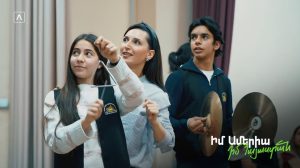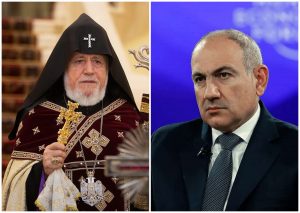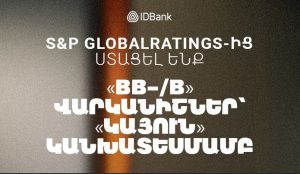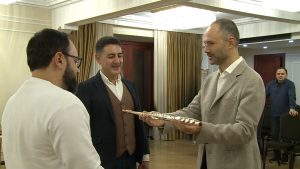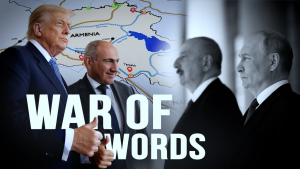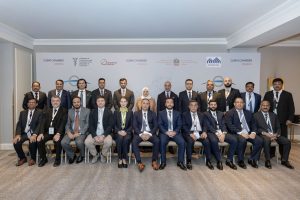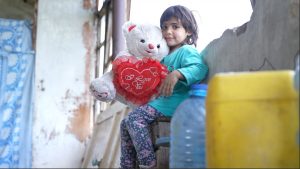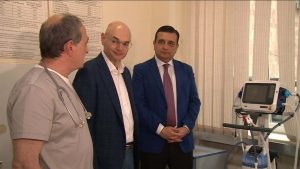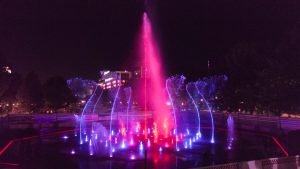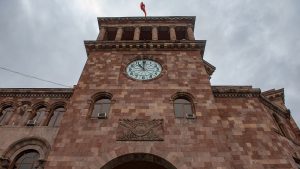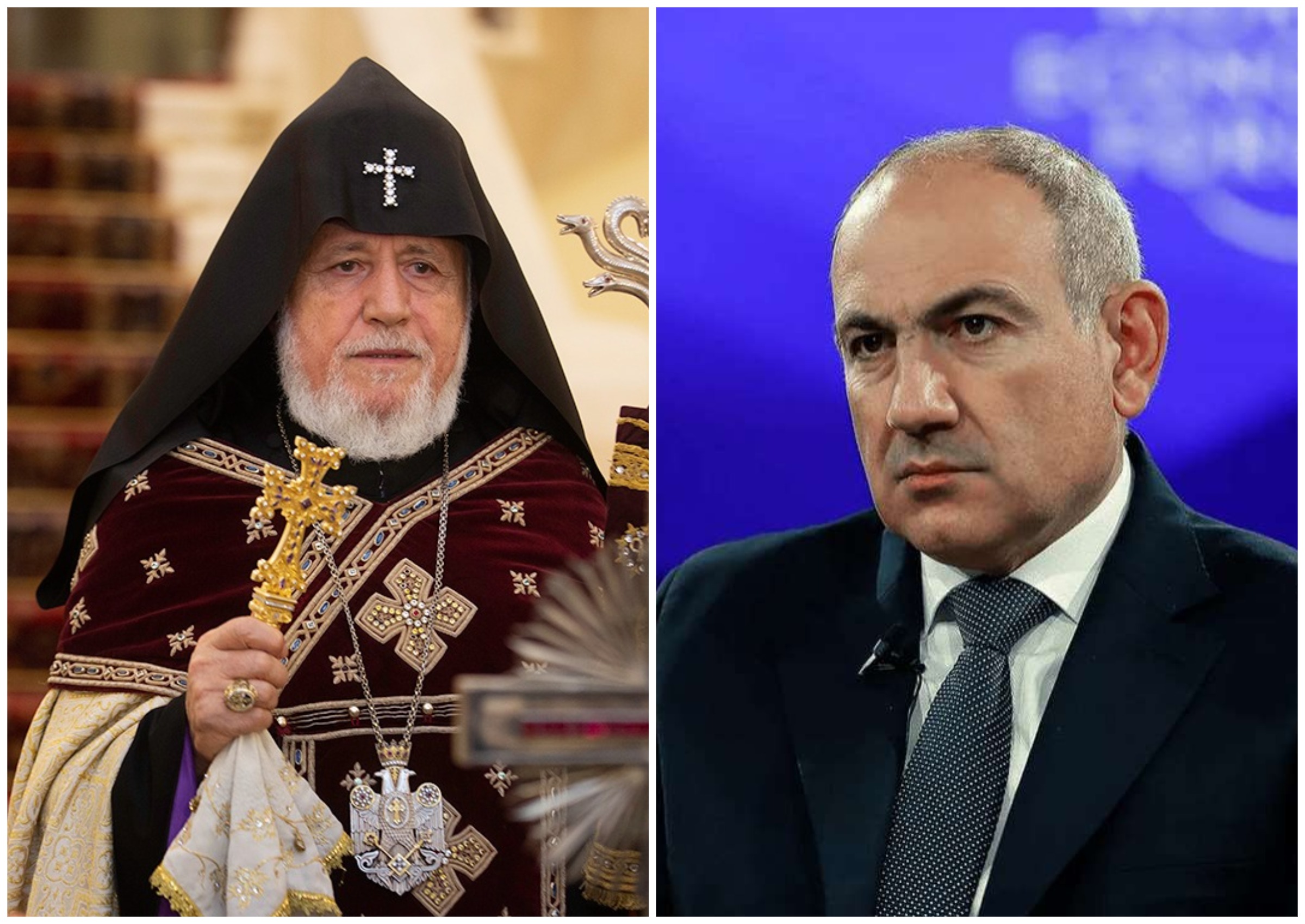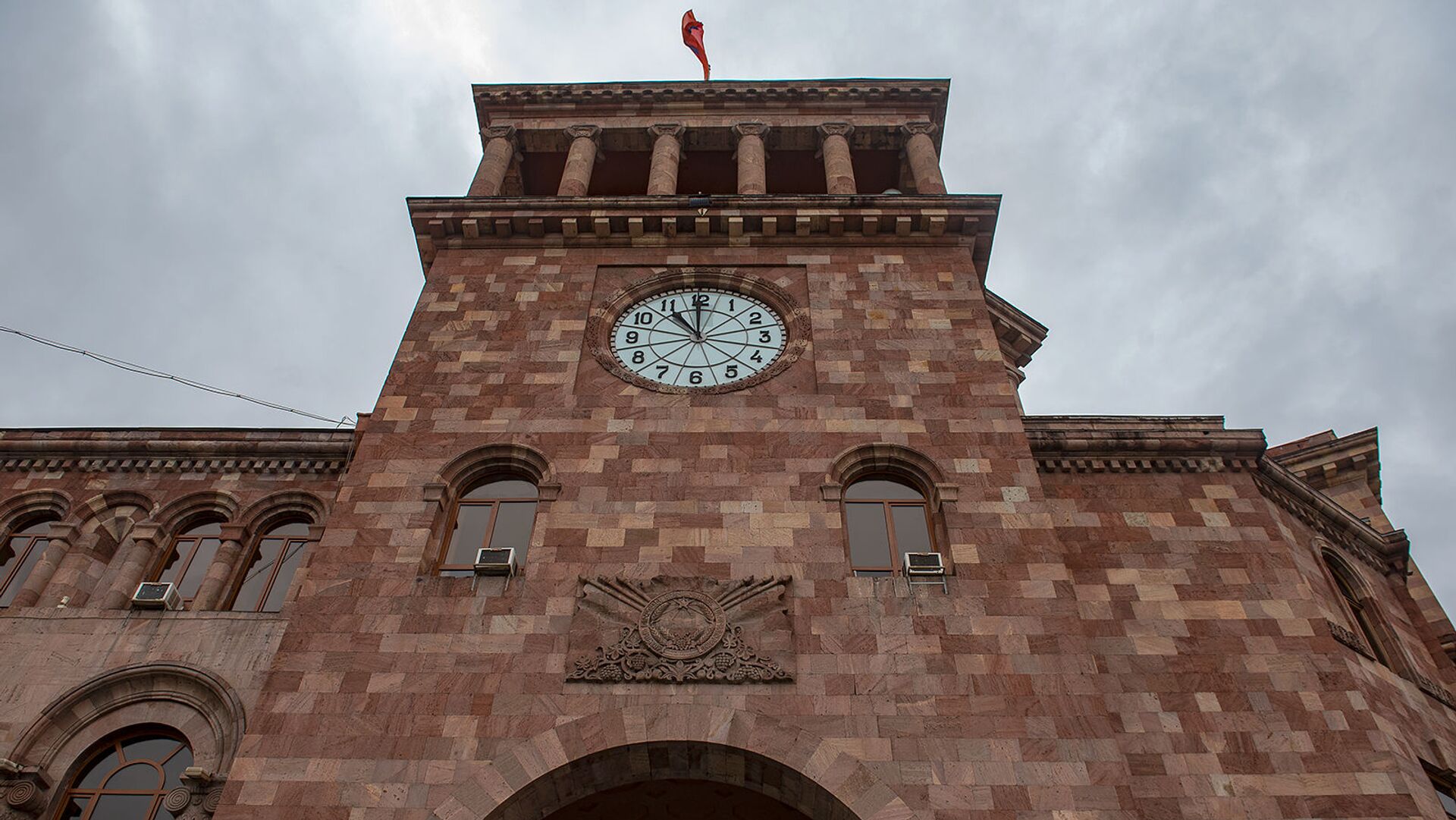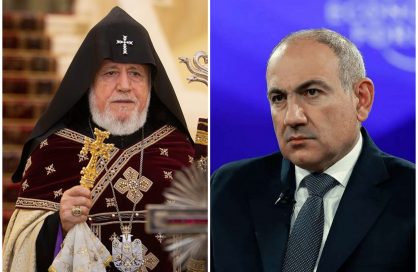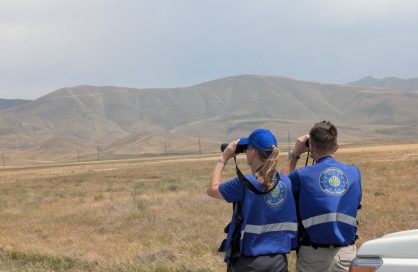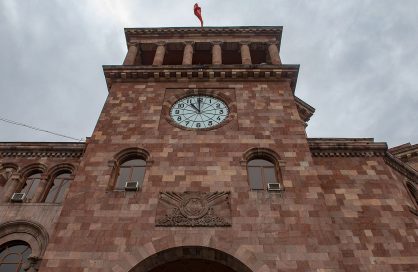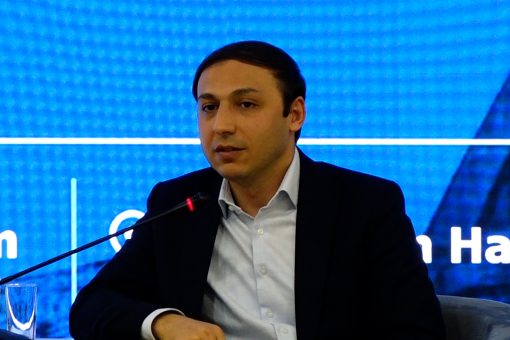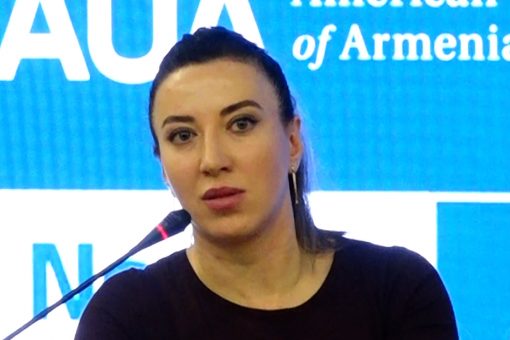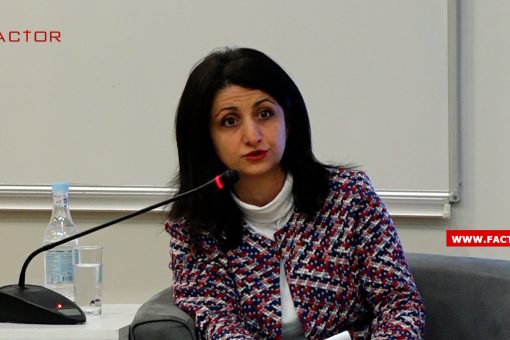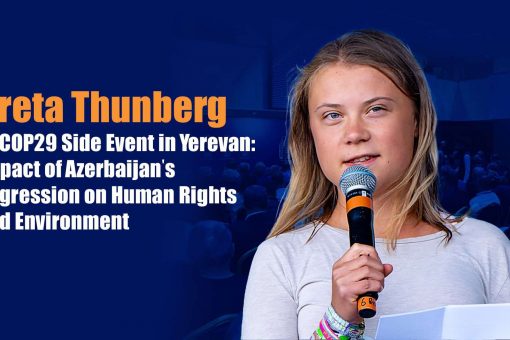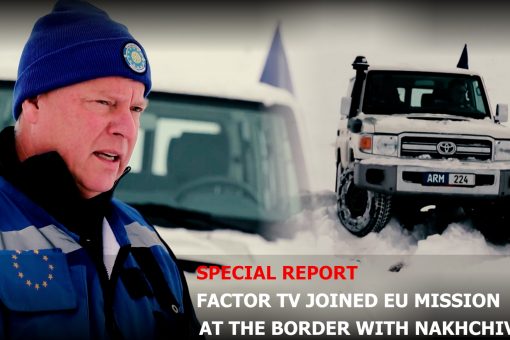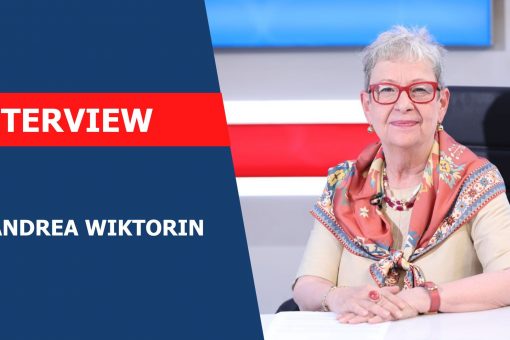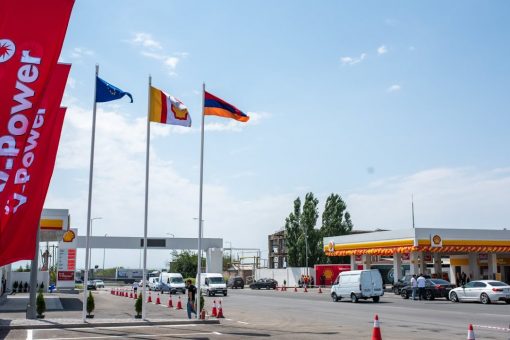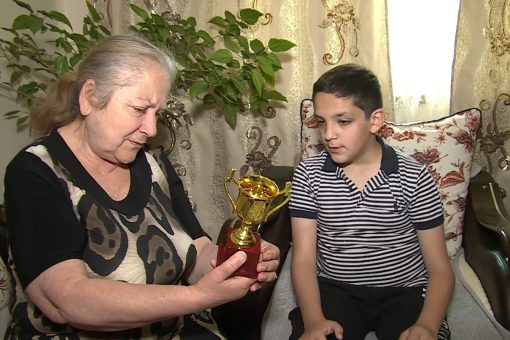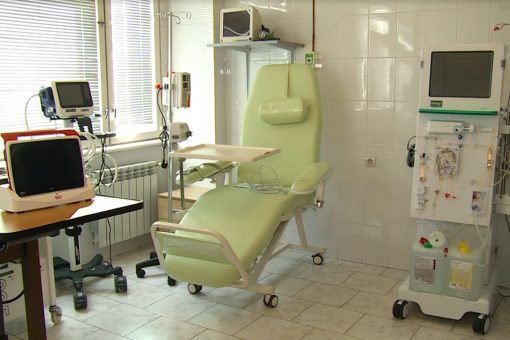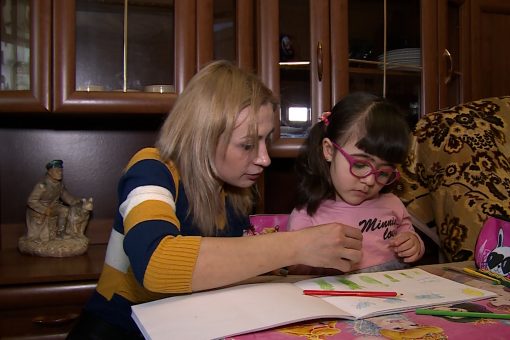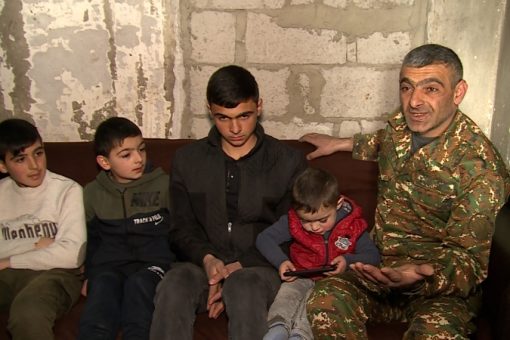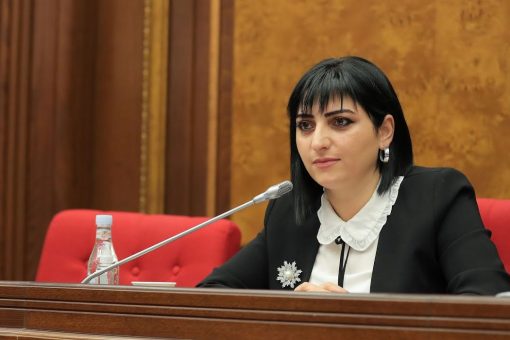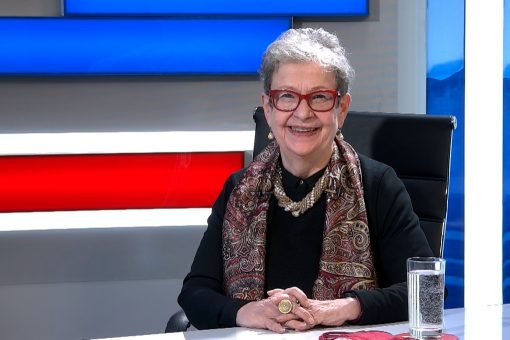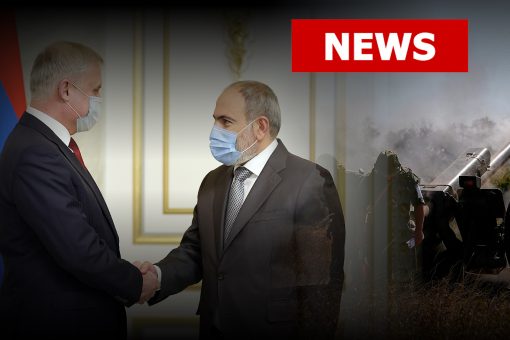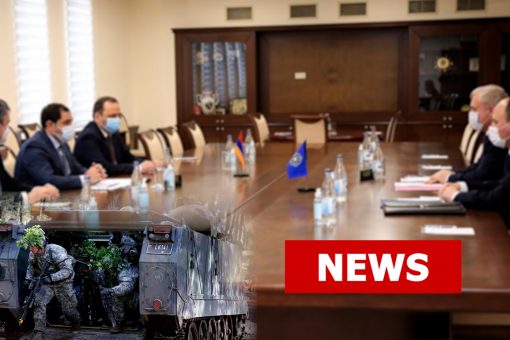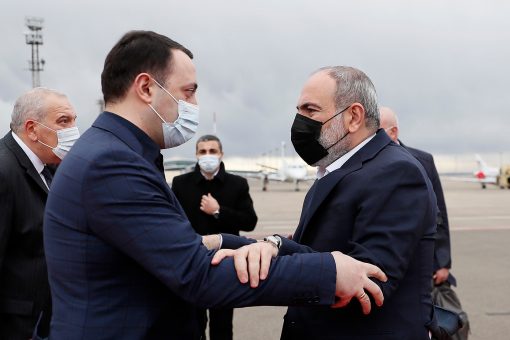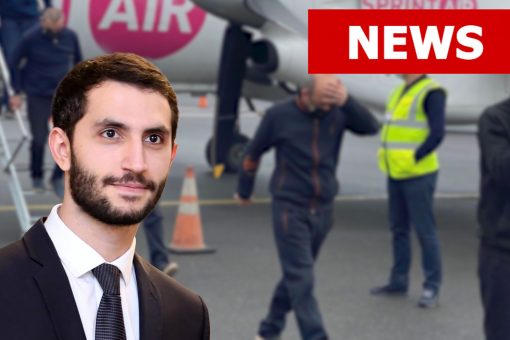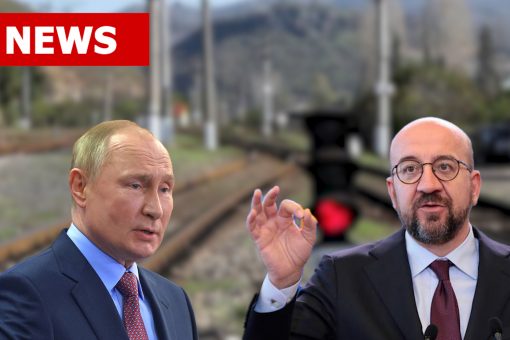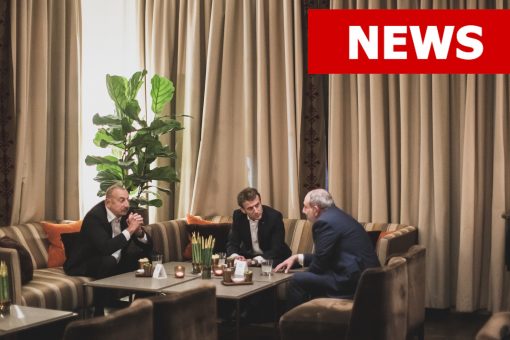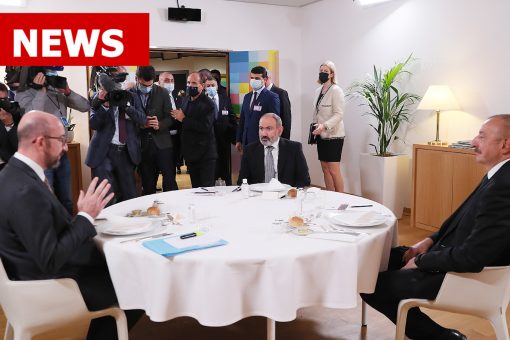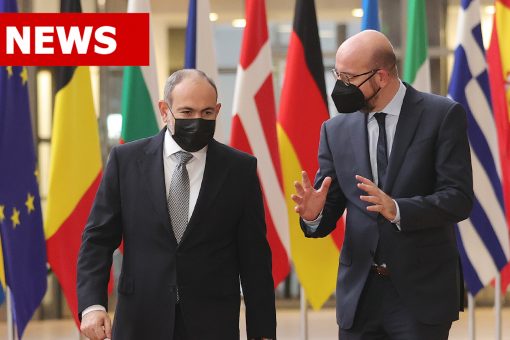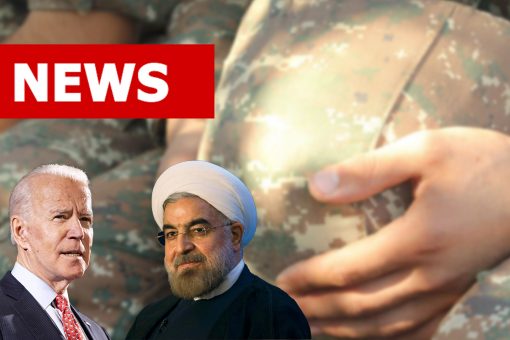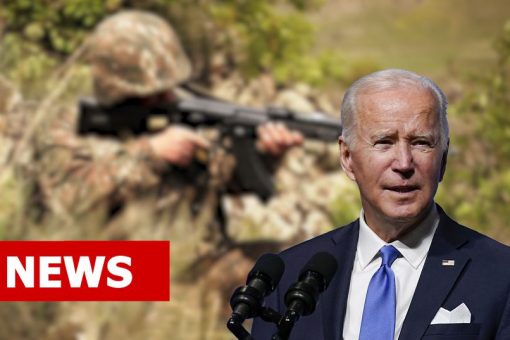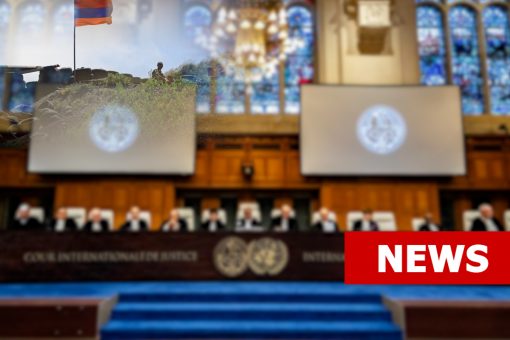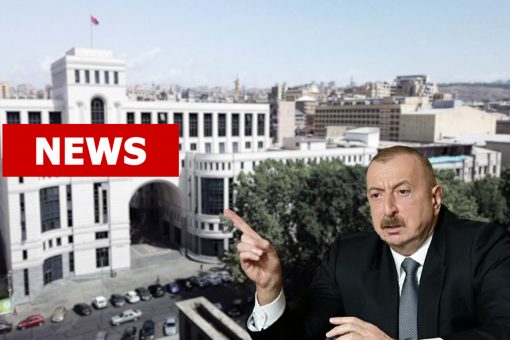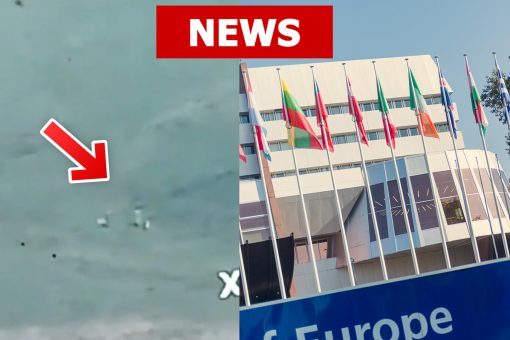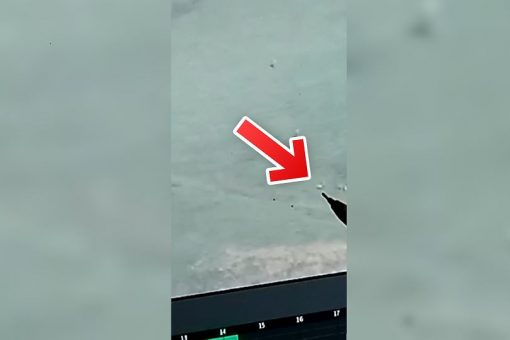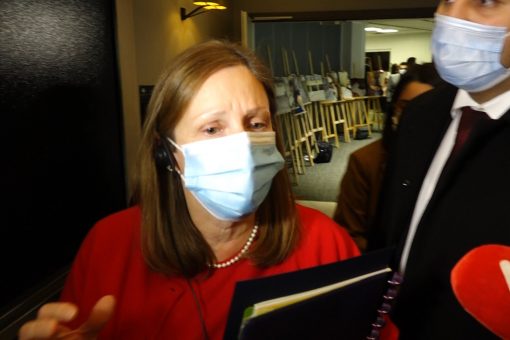The democratic facade and other peculiarities of the 2024 presidential elections in Russia
POLITICS
19.03.2024 | 13:50
The presidential elections in Russia were held over a period of three days, starting from March 15 and concluding on March 17, 2024. Based on the results (slightly exceeding 87% of the votes), V. Putin secured his fifth term as head of state. The combined votes for the remaining three presidential candidates amounted to approximately 13%. By the time his six-year term concludes in 2030, V. Putin will have marked three decades of his de facto leadership in Russia.
According to the key takeaway from a TV report widely circulated across Russian media platforms in early December 2023, Putin’s decision to enter the electoral race was “spontaneous”, prompted by the requests “of the people”. V. Putin’s spokesman D. Peskov commented on this “news” by stating, “He was posed with a question, and he responded. The decision was completely spontaneous… It came as a response to the call from the people.”
However, there is a unanimous understanding both within Russia and beyond that given the governance style adopted by V. Putin (repressive intimidation and silencing of dissent) which has significantly intensified over the previous two years, he will retain power until he chooses to step down.
Since 1991, there have been eight presidential elections in Russia, and the country has seen only three leaders over this period: B. Yeltsin (1991-1999), D. Medvedev (2008-2012), and V. Putin (2000, 2004, 2012, 2018, 2024). Even during the four-year period when V. Putin handed the presidency over to D. Medvedev, it was apparent that Medvedev made none of the significant decisions of his term on his own accord (namely, the war with Georgia, the recognition of independence for Abkhazia and South Ossetia, etc.).
The only snap presidential elections in the history of the Russian Federation took place in March 2000, triggered by B. Yeltsin’s resignation in December 1999. This period was also marked by the conclusion of the active phase of the Second Chechen War, which had been officially termed as “Counter-terrorist operation in the North Caucasus region” (August 1999 – February 2000).
The 2024 election was regular as well, even amidst the ongoing war with Ukraine (officially referred to as the SMO (special military operation), despite the fact that, a year into the conflict, senior officials started openly calling it a war, contrary to legal prohibitions). The elections were also held in the LPR, DPR, Zaporizhzhia, and Kherson regions, despite the imposition of martial law in these so-called new Russian regions.
The nearly distorted image of the seamless 2024 elections
Given the participation of the then-current president V. Putin in the elections, the electoral process and its outcomes were not expected to trigger any surprising responses both domestically and internationally.
However, a month prior to the elections, in the course of the “official pre-election propaganda campaign,” two incidents came close to disrupting the smooth portrayal of Putin’s re-election for another term in office. While these incidents could affect the image, they were unlikely to alter the planned course of the process.
Thus, Civic Initiative party’s candidate B. Nadezhdin, who wasn’t seen as a representative of the liberal opposition and used to be invited to Russian propaganda TV shows before he put forward his candidacy in February, was gradually becoming the primary focus of interest in the 2024 elections. In autumn 2023, B. Nadezhdin openly declared the urgency of ending the conflict in Ukraine without delay, emphasizing that Russia’s development was not feasible in isolation. He emerged as the only presidential candidate with an anti-war stance. The long lines of people across various cities, eager to show their support for him, were supposed to become the unexpected highlight of the forthcoming elections, showcasing the significant number of citizens advocating for a prompt end to the war in Ukraine.
Several opposition figures living abroad, including M. Khodorkovsky and supporters of A. Navalny, also looked to B. Nadezhdin. Their backing, however, was not based on his potential to win the presidency through elections. Instead, they saw him as a means to unite voters who would express their discontent by voting for him. Through Russian opposition media operating from abroad they urged to use the period from December 2023 to March 2024 to engage with the public, aiming to compel V. Putin to address the issue of the war in Ukraine during the election period. “The core of the campaign is centered around the pre-election phase; people ought to be made aware of the fact that a significant number oppose Putin’s continued presidency. This collective sentiment is the campaign’s primary objective. People are more likely to take action when they perceive a goal as both concrete and attainable.” Furthermore, the leaders encouraged voters to participate in the electoral process and cast their ballots for any candidate other than V. Putin.
However, the death of the opposition leader A. Navalny in the severe conditions of the “Polar Wolf” penal colony on February 16, just a week following the Central Election Commission’s formal denial to register B. Nadezhdin’s presidential candidacy (February 8), immediately overshadowed his impact. Furthermore, B. Nadezhdin barely contested the Election Commission’s reasoning, conceding that the signatures he had submitted included an excessive proportion (over 5%) of invalid ones, leading to his exclusion from the election ballot.
The prolonged delay in handing over A. Navalny’s body to his family during the election campaign, “the failure to find” space for a civil funeral service in Moscow, and other restrictions imposed on the day of his funeral exemplified the Russian government’s efforts to suppress any opposition activities. This was particularly evident during the electoral period, as such dissent had the potential to divert from the narrative of national solidarity surrounding V. Putin and his policies.
Well-known Russian political analysts residing abroad due to political exile have frequently discussed this topic. E. Shulman, for instance, argued that the timing of Navalny’s death was deliberately chosen, for both election organizers and opposition groups understood the true sentiments of the people, recognizing the widespread dissatisfaction with the current state of affairs among many. In this light, the primary objective for the government at this juncture was to ensure that this growing dissatisfaction did not translate into tangible actions.
Individual protest actions (an attempt to set fire to polling stations, damage to ballot boxes) by voters during these three voting days, which received coverage from Russian media operating abroad, along with the Ukrainian forces’ military strikes on Belgorod and Kursk regions bordering Ukraine in the pre-election period were depicted as “negative incidents” amid the overall positive image of the elections. In an extensive interview with Russian journalist D. Kiselyov, V. Putin himself assessed these attacks on Russian territories as an attempt “if not to disrupt the elections, then at the very least to interfere with the normal electoral process in Russia.”
The democratic facade of the elections amid rigid control
In the context of the long-standing, harsh and multifaceted confrontation between Russia and what is often referred to as the collective West, the idea of conducting elections, a key indicator of a nation’s democratic framework, has not been challenged by Russian authorities so far. Moreover, the argument that Russia possesses democratic freedoms comparable to those in the West has been a notable aspect of the informational standoff between Russia and the West until recently.
In the pre-election period, remarks from various government officials echoed the following stance: “Criticism of our democratic system and insinuations about its inadequacy will no longer be tolerated. Our democracy is the best.”
The process of extending invitations to international election observers was carried out in that specific climate. The Russian Foreign Ministry critiqued the OSCE ODIHR for allegedly “executing a political agenda and breaching the principles of objectivity, impartiality, and professionalism.” Consequently, neither this body, nor any other EU entities were invited to observe the elections. Instead, invitations were extended only to those countries and organizations that were identified by the Federation Council Chair V. Matvienko as “coming with ‘pure intentions’… And those aiming to exploit observer status, whether by disrupting Russia’s internal affairs or engaging in illicit activities, are destined to meet failure.” The parliaments of all IPA CIS member states received invitations, alongside experts from a selection of countries including Moldova, Turkmenistan, Laos, Egypt, Vietnam, China, Iran, Cameroon, Cote d’Ivoire, Palestine, Syria, Sudan, Turkey, and Croatia.
The central idea behind these remarks is that Russia is developing a form of democracy tailored to the needs of its citizens, which does not have to conform to Western norms. Numerous speakers addressing large audiences within Russia often emphasize that criticisms of the country, including allegations of violations of citizens’ rights and freedoms, are merely fabrications by Western adversaries. In an interview conducted last December, V. Putin’s spokesman D. Peskov described the elections as an “unnecessary and costly” bureaucratic process. Putin, however, “chose to proceed with them,” even though, “in theory, they weren’t required, given the near certainty of Putin securing over 90% of the vote.” This statement by the spokesman of the Russian president, made towards the end of 2023, found resonance among certain Russian commentators. They concurred, elaborating that engaging in what they termed as Western electoral practices “is pointless for a country actively opposing the West”. Journalist and public figure M. Shevchenko argued that completely canceling elections was not advisable, yet, suggested the possibility of electing the president through the State Duma.
Given the growing discrepancy between the official procedures and the true nature of the 2024 elections (where on the one hand the electoral procedures were run “in strict adherence to the law,” and on the other hand dissent was met with punitive measures, martial law was enforced in several regions, and there was an extremely intense, multifaceted confrontation with Western countries) many are left wondering about the actual necessity of elections for V. Putin and the broader Russian society. Several perspectives on this issue were put forward: first, elections are necessary to convince the Russian elite, those discontented within Russia, and the international community, particularly Western nations, that V. Putin firmly manages the situation. Secondly, elections are a means to formally legitimize the decision to invade Ukraine. Thirdly, elections “should be held, since we are a democracy. At the same time these procedures are to be meticulously controlled to ensure no deviations. This protean policy forms the core of Russia’s current governance system, suggesting that it will likely continue in this manner until Putin either after all transfers power to a successor or in any other way departs from the political scene.”
What were “the alternative” presidential candidates striving for?
Only three candidates “challenged” V. Putin, contrary to the fact that 10 had been registered in the pre-election phase. All three contenders (L. Slutsky from the Liberal Democratic Party of Russia (LDPR), N. Kharitonov from the Communist Party of the Russian Federation, and V. Davankov from the New People party) are representatives of the system’s forces, namely, parliamentary factions. Despite the New People party being seen as a more liberal and new force in Russian politics, it, along with the Communist Party, LDPR, and other political groups, has been under EU sanctions since December 2022 in response to its support for Russia’s war against Ukraine and the annexation of the Ukrainian regions.
Some analysts believed that the role and involvement of other candidates in the elections served to legitimize the election of V. Putin. However, others suggested that the real competition was not against the incumbent president but rather for the runner-up position, which was attainable for everyone. The intrigue of the 2024 elections lay in that very fact. “The aim of all the candidates is to ensure the legitimate election of Vladimir Putin as the President of Russia. Hence, even those who support Navalny will indirectly contribute to affirming Putin’s legitimacy.”
Two parties – the LDPR and the CPRF – have a long history of “competing” with V. Putin in presidential elections.
The Communist Party has fielded candidates in seven out of the eight presidential elections that took place between 1991 and 2024, with N. Kharitonov running for president twice, in 2004 and 2024.
Similarly, the LDPR has consistently taken part in the presidential elections, although this was L. Slutsky’s first run as a presidential candidate.
Additionally, this was the first election for both the New People party and their candidate V. Davankov.
All of them (or their representatives), took part in over 30 pre-election debates. These debates were broadcast across five national TV channels: Russia 1, Russia 24, Channel One, TV Center, and Public Television of Russia, and aired on three radio stations: Radio Rossii, Mayak, and Vesti FM. Despite this extensive coverage, Russian media themselves described the debates as somewhat uninspiring. As reported by Gazeta.ru, “A noteworthy characteristic of this election is the apparent reluctance of Vladimir Putin’s rivals to criticize him directly. For instance, Kharitonov openly admitted to this approach last year.”
V. Putin did not participate in the debates due to his hectic schedule, as stated by his spokesman Dmitry Peskov, who further noted that V. Putin regularly addresses various aspects of Russian citizens’ life through daily statements. In fact, he integrated his keynote speech into his annual address to the Federal Assembly, outlining Russia’s strategies for the forthcoming 6 years, corresponding to the duration of his next presidential term.
The key indicator was essentially the candidates’ position on the Ukrainian issue. The evaluation of the strategies of other nations towards Russia was a consequence of this indicator, that is, it stemmed from the dynamics of these countries’ relationships with the West. This aspect was notably pertinent to the nations of the so-called former post-Soviet space.
In their electoral programs or public addresses on the media, none of the candidates expressed bold views on these indicators that would go beyond acceptable “dissent”.
For instance, L. Slutsky aligned the release of his electoral program with the anniversary of recognition of the DPR and LPR. Davankov branded his program as one of peaceful growth, while in a debate on the SMO, he wondered, “Why should my generation pay for the mistakes of the past? Had the Soviet Union not collapsed, none of this would have occurred.” Their perspectives on the topic of “under what circumstances and when can peace be achieved?” mirrored the spectrum of opinions aired on Russian TV channels prior to the election, namely that peace is only achievable following Ukraine’s total defeat and negotiations based on Russia’s agenda, or through negotiations where Russia would assert its terms and resolve the conflict in the shortest possible time.
This is another piece in a series planned within the framework of the “Armenian-Azerbaijani Context in the Presidential Elections of Azerbaijan and Russia – 2024” Project of the “Region” Research Center.
Laura Baghdasaryan, Director of ”Region” Research Center




